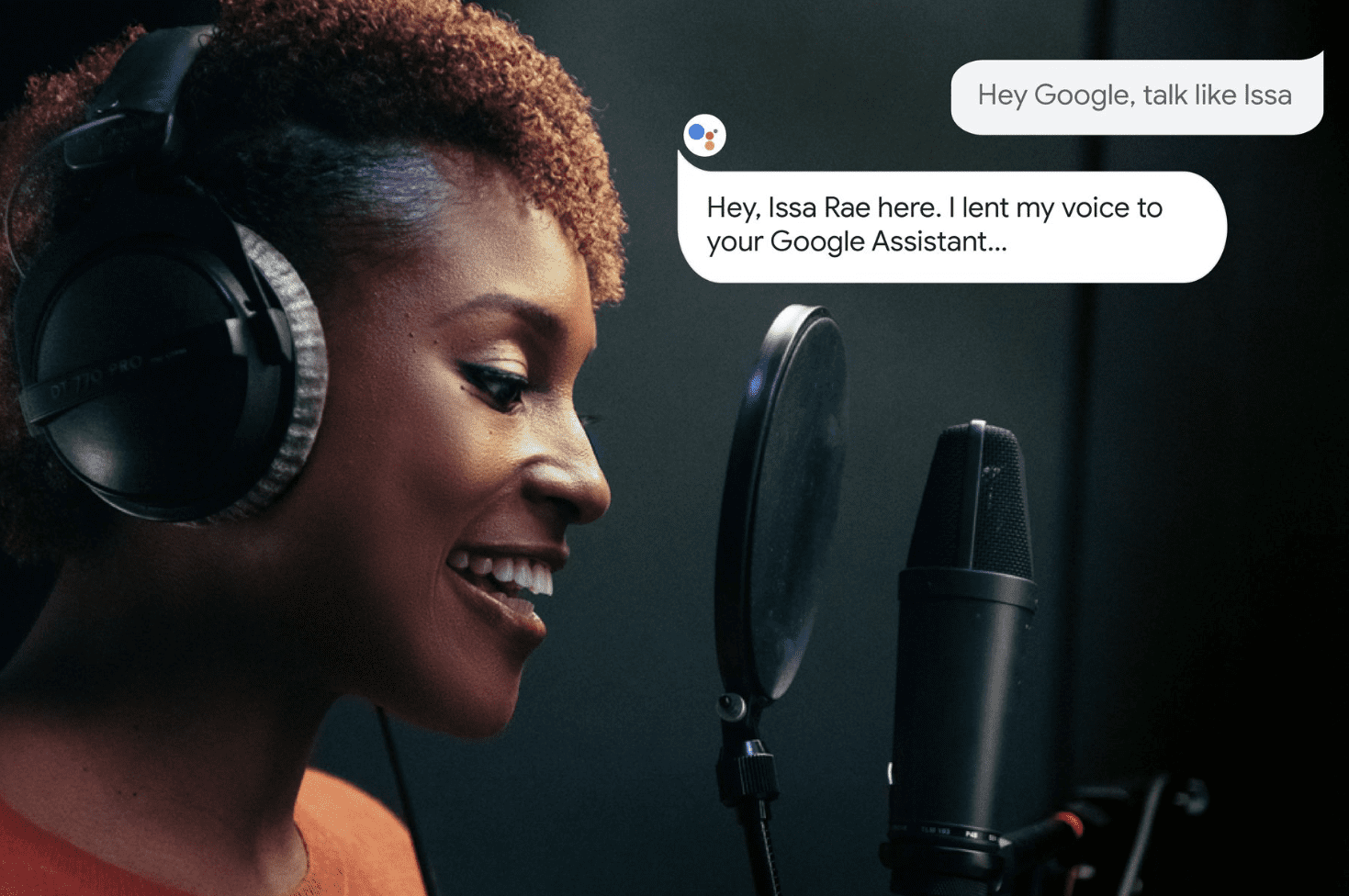Where is voice technology headed in 2020? That’s the question on the minds of businesses and technologists as the annual CES show gets under way in Las Vegas. I believe the answer is that voice-enabled devices will get more personality, making voice technology more approachable — and encouraging businesses to embrace sonic branding.
The Rise of Voice Search
I’ve written often about the rise of voice search. I continue to see more people using their voices to find things with their smart speakers, phones, and in-car devices. The fact that more consumers are adopting voice-enabled devices is beyond debate – but just to remind you how popular voice-based products have become, allow me to direct you to an insight from Statistica about the growth of smart speakers (which are just one type of voice-enabled product):
As consumers have become increasingly open to the idea of integrating smart technology into their households, smart speaker sales revenue has skyrocketed, growing from around 900 million in 2016 to nearly 12 billion in 2019. Growth in the smart speaker market is increasing at a faster rate than that of other smart home devices, which shows that people trust the technology and find it easy to adopt. As of 2019 an estimated 35 percent of U.S. households are equipped with at least one smart speaker and by 2025 forecast suggest that this penetration rate will increase to around 75 percent.
What fascinates me is not just the growth but how people are using their voices. This time last year, the news stories about voice tended to focus on increasing sales of products such as smart speakers that use the Amazon Alexa and Google Assistant voice assistants (and, to a lesser degree, Apple’s Siri voice assistant).
Voice Gets Personality
But a sample of headlines for the week of January 6, 2020, shows a shift in the narrative. Voice sales still matter, but what matters even more is how people are using voice products as this headline sample shows:
Notice anything about the top three results? They all focus on how we communicate with devices, specifically the need for voice assistants and people to do a better job communicating with each other. The CNN headline about programming your voice assistant to sound like actor Samuel L. Jackson is telling. In 2019, Amazon announced that soon, an Alexa skill would make it possible for people to have their smart devices talk to them using Jackson’s distinctive, earthy speaking style. Now the capability has arrived.
Why does this particular Alexa skill matter? Because it shows that voice is moving on from an impersonal utility to an assistant with personality. Being able to inject one’s voice assistant with the warm, familiar voice of Samuel L. Jackson should help people overcome a natural aversion to communicating with voice-based products: using a device that listens to us and talks to us in the most private areas of our living spaces. As journalist Judith Shulevitz wrote in a recent Atlantic article, “Is Alexa Dangerous?”:
Within our lifetimes, these devices will likely become much more adroit conversationalists. By the time they do, they will have fully insinuated themselves into our lives. With their perfect cloud-based memories, they will be omniscient; with their occupation of our most intimate spaces, they’ll be omnipresent. And with their eerie ability to elicit confessions, they could acquire a remarkable power over our emotional lives. What will that be like?
Amazon is not the only company making voice more approachable and comfortable by incorporating familiar, iconic names in their products and services. In 2015, KFC teamed up with the navigation app Waze to give motorists a fresh voice option for their audio directions: Colonel Harland Sanders. Google actually beat Amazon to the punch with celebrity tie-ins by making it possible to incorporate the voice of singer John Legend in Google Assistant. In October, Google announced that Google Assistant would incorporate the voice of actress Issa Rae.
Why Voice with Personality Matters to Advertisers
These developments matter very much to advertisers. Although people are getting more comfortable performing complex tasks such as making purchases with their voice assistants, for the most part consumers rely on voice assistants to do simple, mundane things such as checking the weather. Many businesses confine their commitment to voice to making their content more findable through voice search. And voice-enabled SEO is crucial.
But for businesses to do more sophisticated branding and advertising through voice, they need to feel confident that consumers will start responding by having rich dialogues with the brand, leading to commerce. As more businesses realize the ways voice technology can assume a personality, they will adopt more forms of sonic branding as KFC did with its Col. Sanders voice-based experience cited in this post.
Thanks to improvements in artificial intelligence, voice-enabled devices are in fact, getting smarter and more capable of managing purchases and product orders. Frankly, the market got flooded with smart speakers such as Amazon Echo and Google Home before AI was adequately advanced to make a voice-activated speaker as smart as we’d like them to be. Those days are rapidly drawing to a close, which is good for businesses and consumers.
The next big step in the evolution of a voice-first world is for voice to be more user friendly. And developments such as the Samuel L. Jackson skill are an important part of that evolution.
Contact True Interactive
To succeed with online advertising in 2020, contact True Interactive. Read about some of our client work here.

